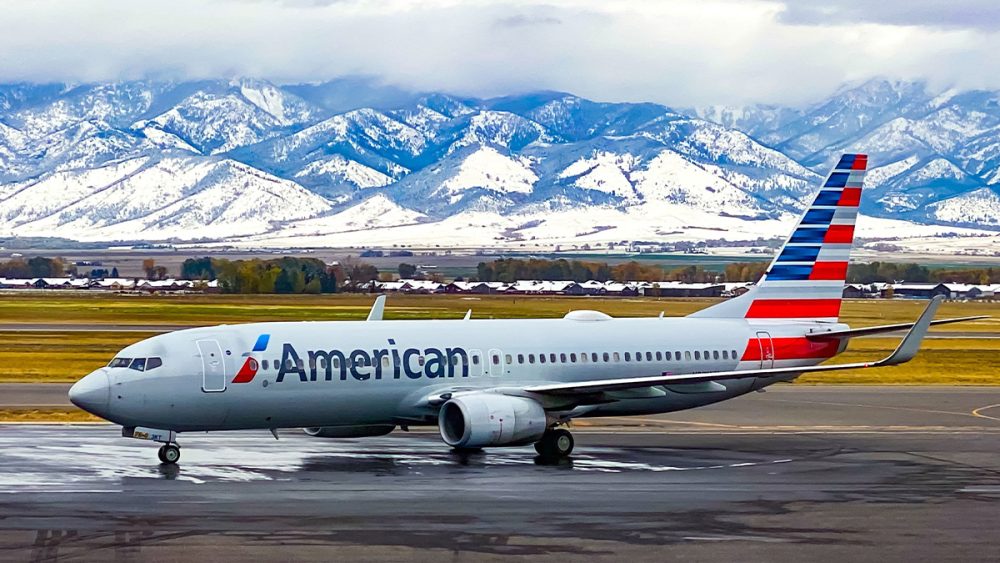Technology and American Airlines’ Information Technology (IT) team are essential to improving the customer experience and bolstering operational resilience as the airline gets ready to welcome over 72 million passengers this summer.
According to Ganesh Jayaram, Chief Digital and Information Officer at American Airlines, “Over the past few years, American has focused on driving an enterprise-wide tech-first mindset to build industry-leading digital products— for our team members and customers.” “This new mindset is ensuring experiences are more resilient and efficient, in addition to driving innovation.”
The airline’s tech-first strategy enables teams to use technology to provide creative solutions for a range of problems. The IT department’s procedures for developing, preserving, and safeguarding American technological assets have changed over time. The IT team has simplified procedures to reduce interruptions, quicken recovery amid erratic operations, and roll out new features to its mobile app and aa. com—all to make customers’ travel experiences easier—by implementing industry-leading approaches.
“Every team member and IT partner is focused on measuring results, consistently improving, and delivering not just this summer, but all year long,” Jayaram stated. “It all starts with accountability.”
Here are three examples of how technology will impact society this summer:
Smart Gating: Cutting down on-ramp traffic and cab wait times with machine learning
Smart Gating technology, which was first used in 2021 and is presently in use at five American hubs, uses real-time flight data together with additional data points to automatically assign arriving aircraft to the closest gate that requires the least amount of taxi time. Customers spend less time on the tarmac and arrive at their destinations faster as a result of the reduction in instances where an aircraft must wait for a gate. With the use of this technology, the system’s taxi wait times have decreased by 17 hours every day, saving an estimated 1.4 million gallons of jet fuel and more than 13,000 metric tons of carbon dioxide emissions yearly.
HEAT: Keeping things running in the event of extreme weather
To guarantee that passengers and crew members arrive at their destinations, the Hub Efficiency Analytics Tool (HEAT) assists Americans in quickly recovering from severe weather disruptions. HEAT has avoided almost 1,000 cancellations since its inception. When compared to similar situations without HEAT, HEAT considerably reduced the number of cancellations during recent storm events at Miami International Airport (MIA) and Dallas-Fort Worth International Airport (DFW).
Improved Online Travel Administration: Streamlining the Client Experience
The redesigned digital experience for American customers on desktop and mobile devices makes it easier for them to plan and schedule their travel. Currently, 95% of itinerary modifications may be completed online, saving support calls.
A new user-friendly digital interface has made it simpler to manage changes to Basic Economy tickets, including the ability to cancel them for partial credit and changes to trip dates, departure and arrival cities, price kinds, and payment methods. It is also easier to plan excursions in the future. Clients who cancel a trip get instant credit, which can be found more easily on their profile for subsequent travel.




